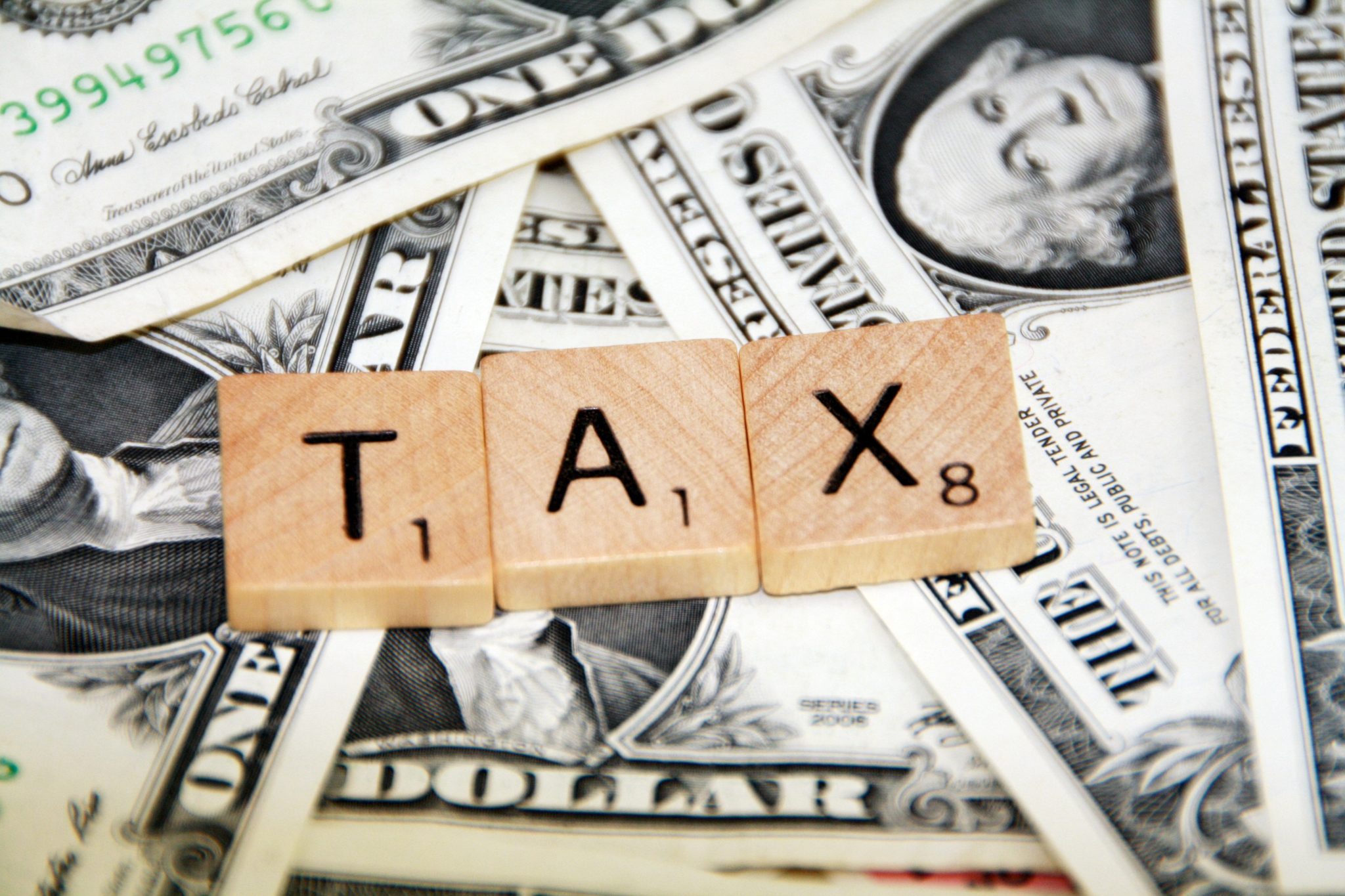Over the past few weeks, vaping activists have finally had some cause to cheer.
Youth vaping rates, long used as a stick to beat harm reduction, steeply declined in 2021, according to the Centers for Disease Control and Prevention (CDC). Some statewide flavor bans have been, at least temporarily, defeated. One vaping product at last received authorization from the Food and Drug Administration (FDA). Plus, evidence has continued to emerge that the agency bungled its premarket tobacco product application (PMTA) process—its regulatory procedure to determine which vaping products and e-liquids could remain on the market, lending impetus to pushback. The FDA rescinded two marketing denial orders (MDOs) that it had issued to Turning Point Brands and Fumizer, citing “relevant information that was not adequately assessed previously;” a federal court of appeals, in granting another manufacturer a “stay” to keep selling its inventory as a lawsuit pended, eviscerated the the FDA’s actions; and memos recently obtained by Filter revealed the check-list method the agency applied to many producers.
But perhaps most importantly, there would be no federal vapor tax. At least that’s what everyone thought: When President Joe Biden unrolled the Build Back Better plan at the end of October, the tax—which would tax vaping products and cigarettes at the same rate, effectively making safer nicotine alternatives more expensive—was no longer in the bill.
The celebratory feeling, however, did not last long: On November 3, advocates, vapers and industry insiders learned that the vapor tax had made its way back into the proposal, even if the rate is lower than the tax initially floated in mid-September. The new cigarette tax, meanwhile, was eliminated entirely from the bill.
This means that the federal cigarette tax would stay at about $1 per pack, while nicotine e-liquid will be taxed far higher. An approximate $5 tax would be levied on a 6 mg/mL bottle of e-liquid, and a four-pack of Juul pods, for example, would land around $4.60.
“Disincentivizing [vapes’] use in favor of cigarettes is blatantly anti-public health.”
“Dropping the proposed increase in the cigarette excise tax, which has proven to be the single most effective policy action for quickly and dramatically reducing smoking among youth as well as adults, will be a public health disaster if it stands,” Cliff Douglas, the director of the University of Michigan Tobacco Research Network and the American Cancer Society’s former vice president for tobacco control, told Filter. “That disaster will be compounded if taxes on alternative nicotine and tobacco products, which the FDA has found are intrinsically less harmful than combusted products and determined can be appropriate for protection of public health, are raised to the current cigarette tax level.”
“Disincentivizing their use in favor of cigarettes,” he continued, “is blatantly anti-public health.”
This policy remains, in short, problematic for the same reasons it did in September: Biden had pledged not to raise taxes for families making less than $400,000, and through this tax proposal, his administration would be taxing vaping products—far less dangerous options—more than their cigarettes, their fatal counterpart. Smokers, endlessly stigmatized, do not generally belong to the upper classes; and indeed, excessive cigarette taxes have themselves been criticized for punishing poverty.
As Filter has previously noted, cigarette smoking in the United States “is higher among people with low annual household income than those with higher annual household incomes” and “highest among people with a general education development (GED) certificate and lowest among those with a graduate degree,” according to the CDC. Smokers also more likely to be Indigenous, divorced or widowed, LGBTQ or without health insurance.
“I simulate that the proposed e-cigarette tax would immediately cause 2.7 million more adult daily smokers.”
In one distinct way, this new proposed vapor tax is maybe even worse than the previous conception. Because the comparative taxation between cigarettes and vapes is more pertinent than the rates themselves. By dropping the cigarette tax completely and keeping those for safer alternatives, the US government is effectively signaling its focus has shifted: Vapes are the new target, despite the fact that these substitution products don’t compare in terms of harms to the cigarettes that cost 480,000 lives a year.
“Taxing e-cigarettes but not cigarettes hurts public health,” Michael Pesko, a health economist and an associate professor of economics at Georgia State University, told Filter. “I simulate that the proposed e-cigarette tax would immediately cause 2.7 million more adult daily smokers, 530,000 more teen smokers and 29,000 more prenatal smokers. For every one e-cigarette pod eliminated by a tax, 5.5 more packs of cigarettes are sold instead.”
“Members pushing this tax seem to have no conception of just how intensely irate voters are about it,” Amanda Wheeler, the president of the American Vapor Manufacturers Association, told Filter.
“Millions of vapers cut across every political and social demographic, and this is more than a single-issue passion for them; it’s life or death,” she continued. “The biggest prohibitionist in the New Jersey State Senate [Steven Sweeney] just got shellacked by a guy who spent [a couple grand] on his campaign. Virginia enacted a huge vaping tax last year and voters, including 320,000 vapers in that state, just took elected officials to the woodshed. Imposing a gigantic tax on working people and the poor, especially in this economic climate, is just political lunacy.”
Photograph by 401(K) 2012 via Flickr/Creative Commons 2.0
Juul Labs, Inc. has provided unrestricted grants to The Influence Foundation, which operates Filter. Filter‘s Editorial Independence Policy applies.




